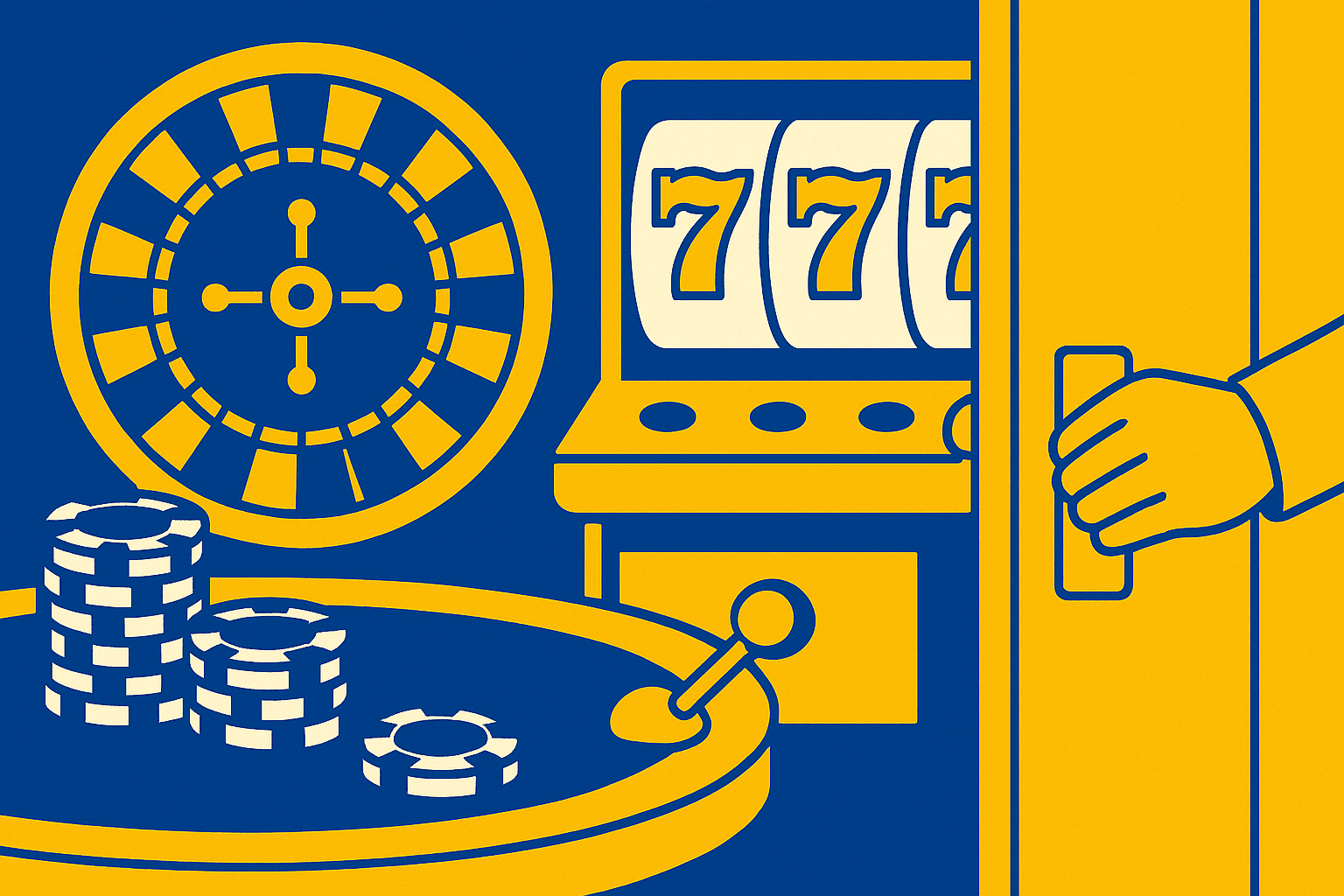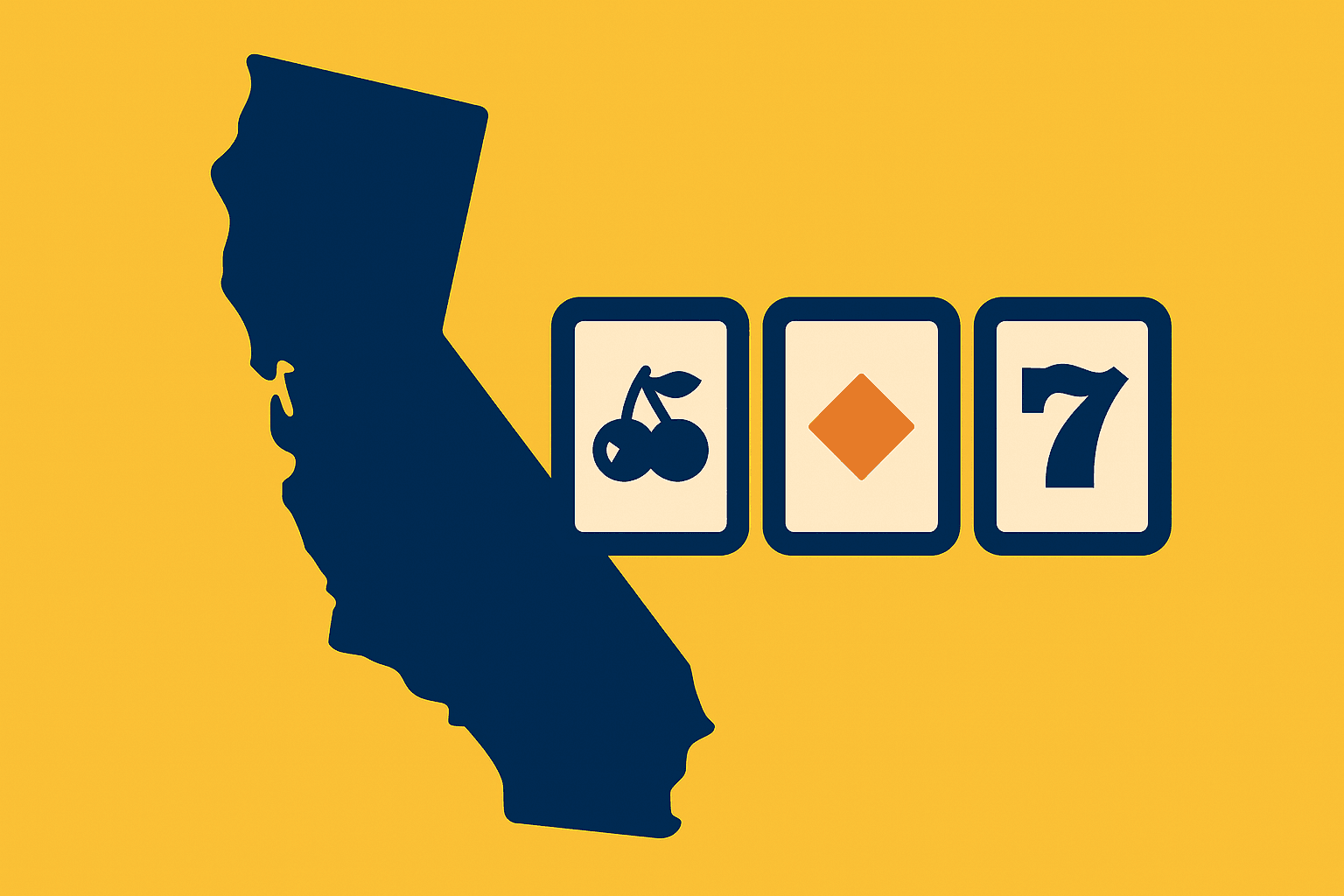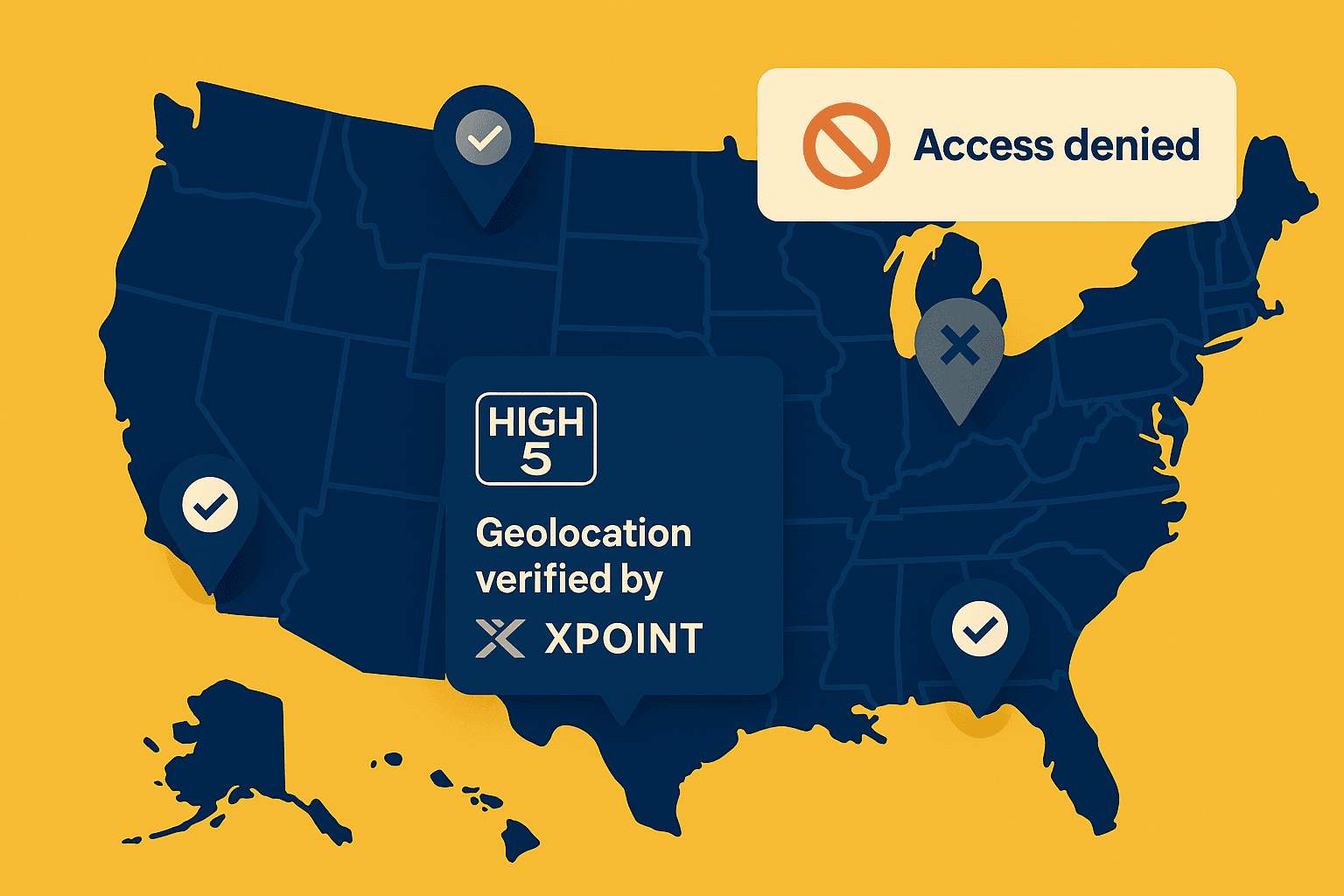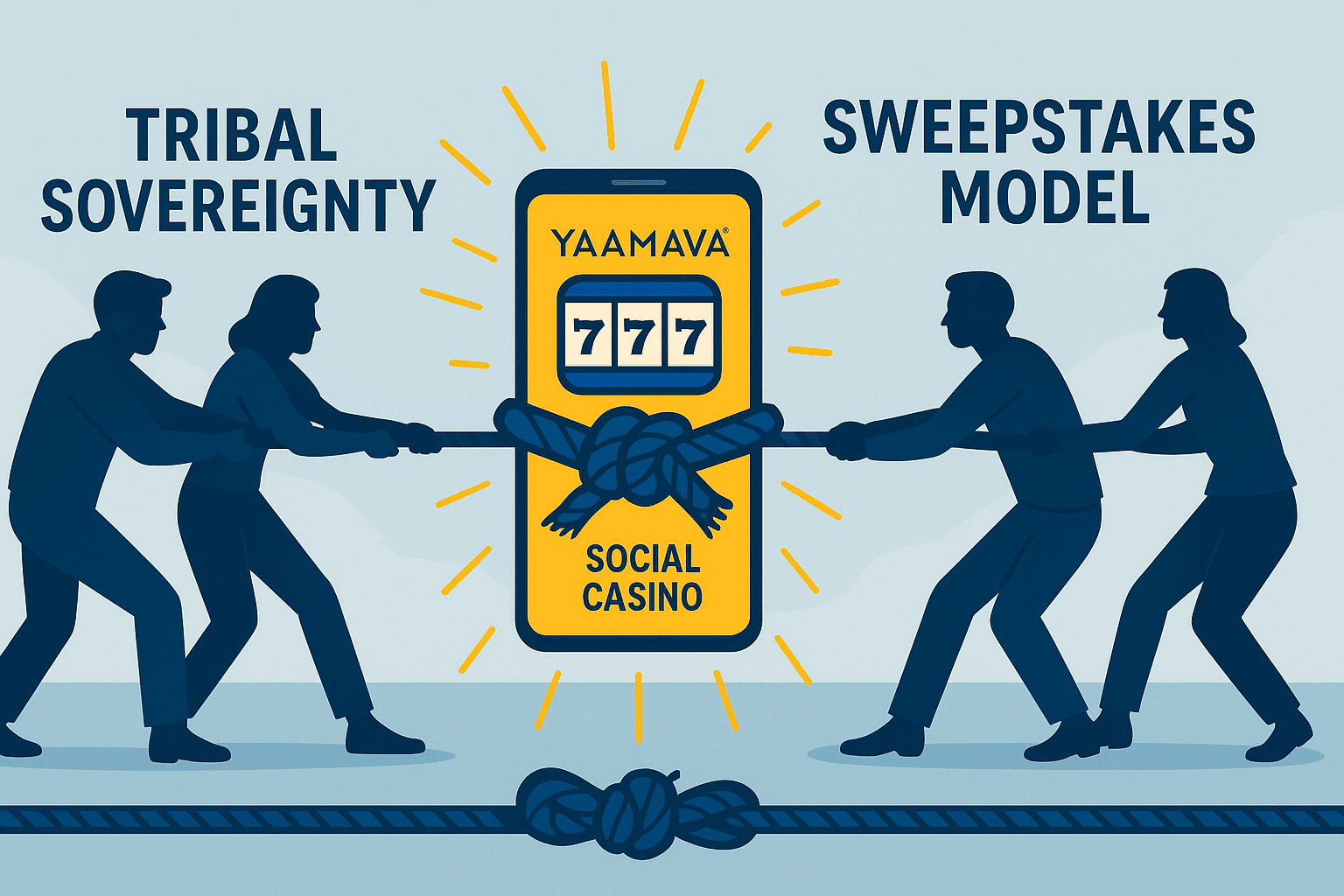The former lead plaintiff in a prior potential class-action complaint that alleged High 5 Casino’s online sweepstakes games violate New Jersey law has adjusted their approach to an attempt to recover funds they spent on High 5’s site. After voluntarily withdrawing the first lawsuit in March, Julian Bargo is now a party to a new action seeking the same return of funds.
This new action is much narrower in scope, only naming High 5 as the lone defendant. The allegations against High 5 are similar, though, and center on whether playing the games that High 5 used to offer in New Jersey amounted to gambling under state law.
New lawsuit refines argument for funds recovery
On June 4, J. Meyers, Esq., of Denville, New Jersey, filed a complaint in the Superior Court for Bergen County. The filing says Meyers took the action on behalf of Bargo and other people who have spent US dollars to play casino-style games on High 5’s website.
In Bargo’s November 2024 complaint, High 5 was just one of several named defendants. Co-defendants included Apple, Google, and McLuck.com. That lawsuit alleged that High 5’s casino-style, sweepstakes-based games constituted illegal gambling.
The complaint continued to claim that Apple and Google were party to the alleged violations, as their marketplaces facilitated the play. However, Bargo withdrew that complaint to allow for modification.
That modification now focuses exclusively on High 5, maintaining the original claims. If the matter does proceed to trial, the court’s definition of gambling under New Jersey law will be pertinent.
Complaint equates games to gambling
One line from the current lawsuit encapsulates the pursuants’ claims succinctly.
“Defendant’s HIGH 5 CASINO app and website offer sweepstakes awards that effectively transform their supposedly free ‘social casino’ into an unauthorized gambling enterprise, prohibited by the laws and regulations of the State of New Jersey.”
The complaint goes on to state that the named plaintiffs have spent thousands of dollars playing the games on High 5, with the intent of trying to win prizes of legitimate value. It reinforces that High 5 lacks appropriate licensure to operate an online casino in New Jersey, and emphasizes that New Jersey law allows people to recover funds spent on unlicensed gaming sites.
To substantiate the claim, plaintiffs will need to convince the court that High 5’s games qualified as gambling under New Jersey statutes. High 5 has ceased offering its social casino games in New Jersey, perhaps to avoid potential conflicts.
Precedent in legal matters of this nature has not been kind to High 5 so far. However, there is some distance between past unfavorable results and High 5’s current operations.
High 5’s short but unfavorable litigation history
High 5 has faced this type of complaint before. In 2018, a federal jury awarded claimants nearly $25 million from High 5.
Those plaintiffs similarly alleged that High 5’s games qualified as gambling and violated Washington state law. Since then, the Connecticut Dept. of Consumer Protection has pursued enforcement actions against High 5, which resulted in a $1.5 million settlement paid by High 5 and the cessation of High 5’s social casino offering in the state.
A settlement remains a possibility in Meyers v. High 5. While that might be desirable for High 5 compared to another unfavorable court decision, there are disadvantages to a settlement for High 5 as well.
Downsides to most outcomes for sweepstakes site operator
The path to a clear win for High 5 is only visible in a favorable court ruling. That could strengthen High 5’s resolve to continue offering its games in the US jurisdictions where it is still doing so.
An unfavorable ruling could have negative effects for High 5 despite the fact that it has already made its exit in New Jersey. Many US jurisdictions, including New Jersey, have been weighing legislation to restrict online sweepstakes games.
A court declaring that High 5’s games are on par with unlicensed gambling, even in hindsight, might strengthen the case to enact such restrictions. A settlement might be less damaging in that regard.
At the same time, a settlement might inspire similar litigation from other people who have spent money on the app or site. For that reason, High 5 might try to secure a favorable ruling, at least in the near term.
Independent of how High 5 chooses to proceed, the renewed effort from Bargo is now underway. The resolution of this complaint will push the narrative on online sweepstakes game regulation forward.







